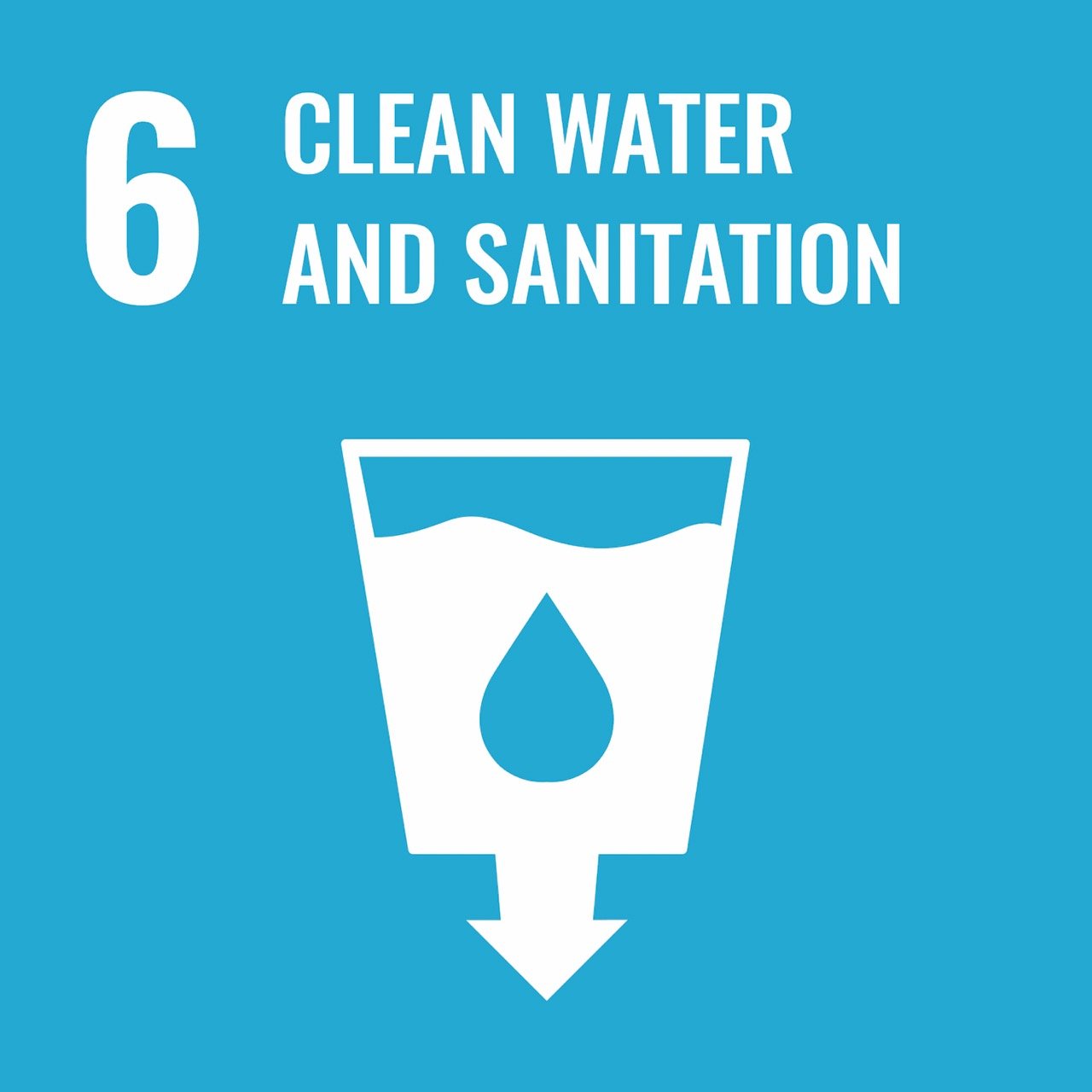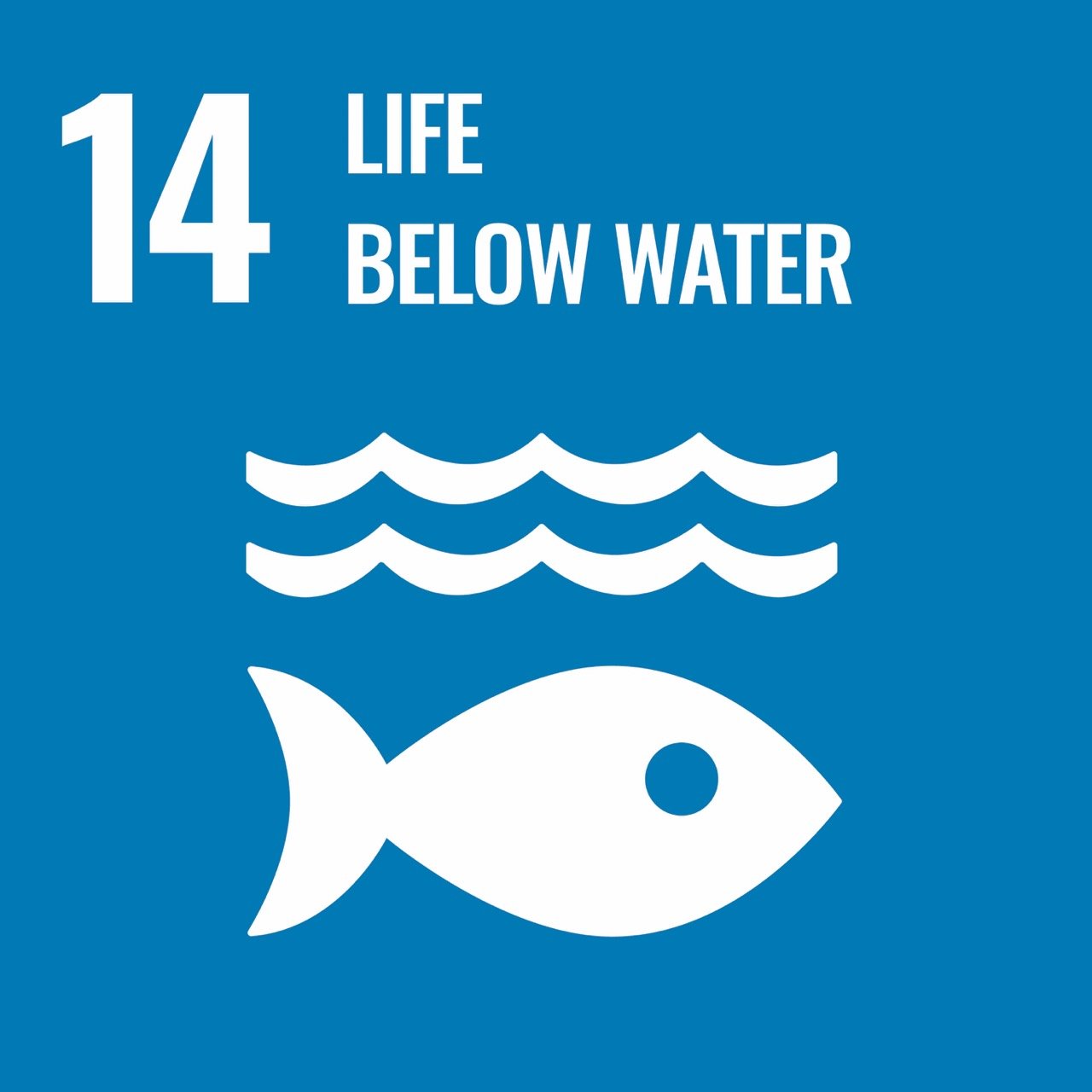PRIORITY AREA
10. Healthy water cycles
Aspiration to 2030
The University has used water efficiently and contributed to healthy water cycles.
Progress against targets
The University has reduced total water consumption by 10% relative to a 2019 baseline.
Total water usage for 2022 was approximately 15 % below 2019 levels
The University has significantly increased the proportion of water consumption from non- potable sources compared to a 2019 baseline.
Not commenced
Total water use from 2017 to 2022
Reducing our water use
As staff and students returned to our campuses, our overall water usage increased in 2022, but remains below 2019 pre-pandemic levels. We are working on a range of targeted initiatives to continue reducing our usage:
We replaced outdated mains potable water pipes on the Parkville campus, which is expected to reduce the water wasted from leaks and burst pipes.
On the Burnley campus, we installed Hydrawise, a smart WIFI irrigation control system which reviews weather patterns and adjusts accordingly, optimizing water usage for irrigation. We will trial Hydrawise controllers in Parkville in 2023.
The new Student Precinct includes three water tanks, adding 100 megalitres of rainwater storage capacity to the Parkville Campus. These tanks will be connected to the purple pipe (recycled water) network, so water can be used around the campus when needed.
University alum developing sustainable water supply and renewable hydrogen in the Goulburn Valley Region
A PhD in Wastewater Treatment Processes, Dr Skinner is active in the development of plans to reduce the emissions from Victoria’s water corporations to net zero by 2035.
The impact of a four-month teaching trip to Tanzania following his initial Science degree spurred Sam into wastewater management research, resulting in an already impressive career developing pathways for water sustainability in Victoria.
Sam’s leadership on the Future Ready Goulburn Valley Region Renewable Hydrogen Ecosystem (part of the Victorian Government’s Business Ready Fund Initiative) has laid the groundwork for feasibility of a renewable hydrogen ecosystem within the region, determining the local demand across a diverse and broad range of industry
Sam Skinner: BSc 2010; ME 2014; GCert Adv Learning and Leadership 2016; PhD Engineering 2018








